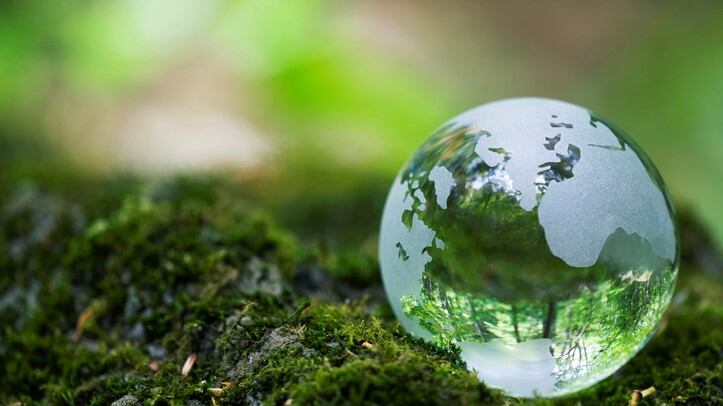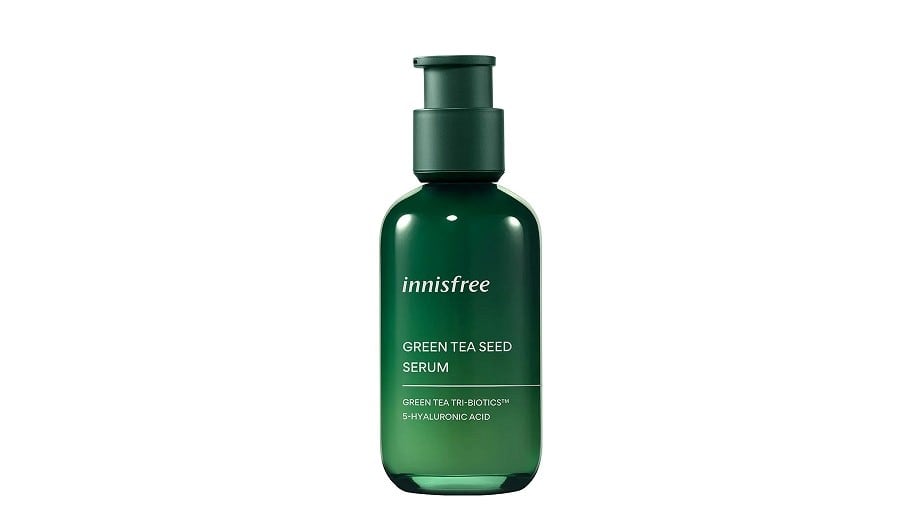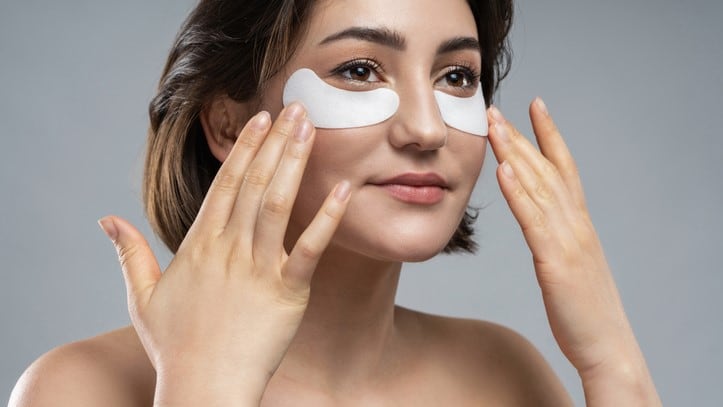The new anti-ageing ingredient, RE.D Flavonoid, are camellia flavonoids isolated from Camellia japonica seeds. It will feature in the new Laneige Perfect Renew Serum and will target three specific skin ageing concerns – anti-wrinkle, firming, and skin radiance.
The beauty conglomerate teased the launch at its latest academic symposium, Ageing-Chain Targeting Technology: New Paradigm of Anti-ageing, held in December 2022. It also presented its latest research on the new anti-ageing ingredient.
Developed in-house by the Amorepacific R&D Centre, RE.D Flavonoid is extracted from camellia seeds to inhibit Phosphoinositide Dependent Protein Kinase 1 (PDK1), a key factor in the “reverse ageing” process.
The company confirmed its anti-ageing effect on the skin in a study published in the science journal Biomedicine & Pharmacotherapy.
“Skin ageing was previously considered irreversible, but the research discovered a bioflavonoid ingredient with a reversing effect to regenerate the skin.”
The study explained that aged skin has less ability to divide skin cells and produces less collagen and elastic fibres. This eventually leads to senescence, resulting in thinner skin and wrinkles. Furthermore, a weaken skin barrier can cause skin concerns such as dryness and itchy skin.
RE.D Flavonoid was tested in a double-blinded, split-face clinical study with individuals with an average age of 54 years. The study was conducted on 25 subjects but only 23 completed the study.
The ingredient was confirmed to have the best PDK1 control effect compared to approximately 100 other types of anti-aging ingredients that are well known in the academic community, said Amorepacific.
In addition, the study findings showed that the bioflavonoid increased moisture in the skin by two times and increased skin density by 3.5 times. Skin transparency was increased by nine times, and it also was able to decrease wrinkles by 50%.
“The research confirmed that the application of RE.D Flavonoid to the aged skin improved the thinned skin to be on par with younger skin tissues. In addition, the weakened ability to divide skin cells and produce elastic fibres were also restored,” said the firm.
Research background
The research into bioflavonoids was spurred by Amorepacific’s development of technology that reverses the aging of skin cells in joint research with Korea Advanced Institute of Science & Technology (KAIST) in 2020.
It discovered that by regulating the activity of PDK1 in the artificial model of aged skin, it could that not only reverses the reduction in collagen synthesis, but also recover the skin's ability to regenerate.
"The joint research enabled us to build an ageing signal network model and an artificial model for aged skin, with which we saw the potential to reverse the aging process in the skin,” said Park Won Seok, director of research and innovation at the Amorepacific R&D Centre.
Kaempferol tetrasaccharides restore skin atrophy via PDK1 inhibition in human skin cells and tissues: Bench and clinical studies
Source: Biomedicine & Pharmacotherapy.
Authors: Juewon Kim et al.
Inhibition of 3-phosphoinositide–dependent protein kinase 1 (PDK1) can revert cellular senescence in human dermal fibroblasts
Source: Proceedings of the National Academy of Sciences (PNAS)
Authors: Sugyun An et al.





